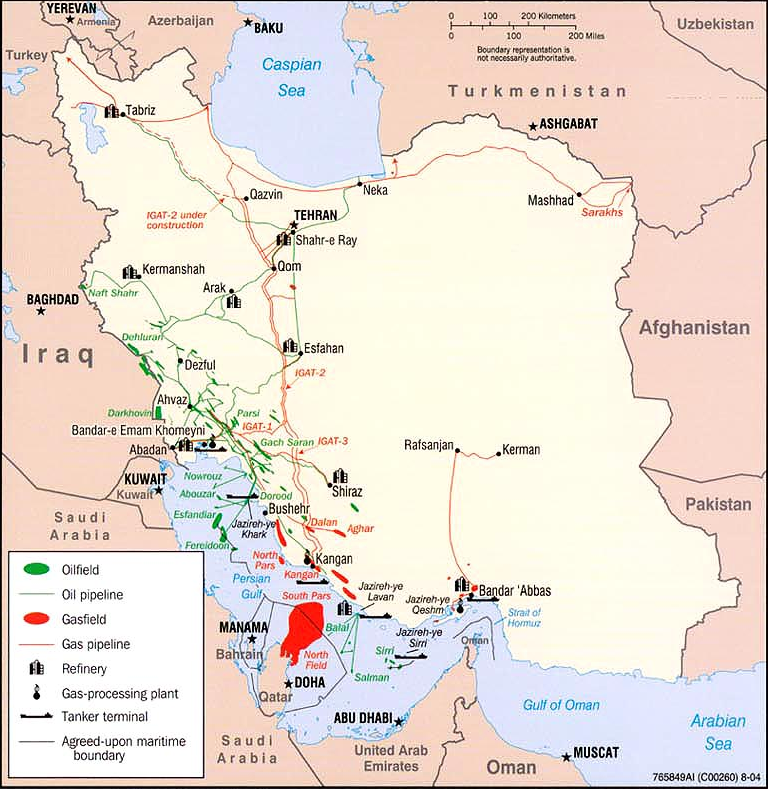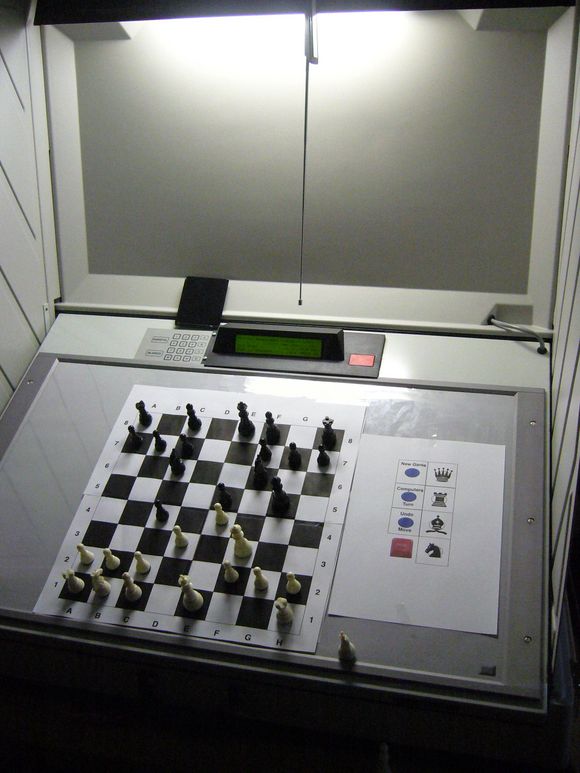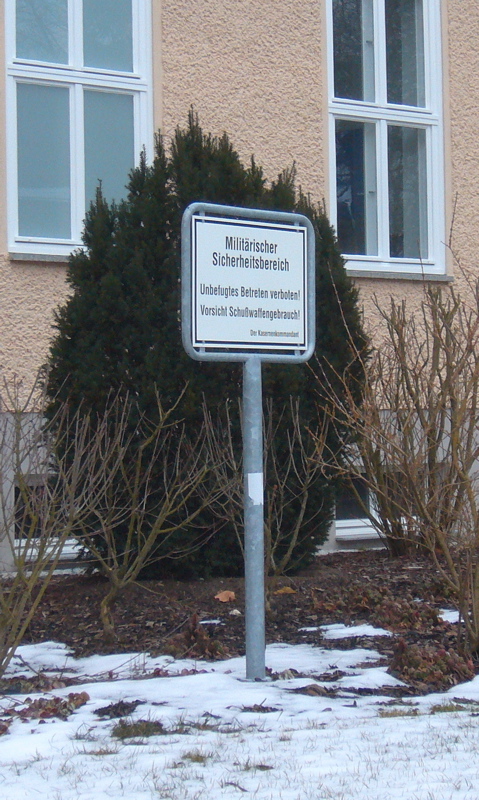The question what will happen next in Iran invites to speculation. I spent some time to try to read up on some of the fine details that may shape the future events, and here is what I think may happen.
First, to understand the obsession to deny Iran a nuclear weapons capacity, the structure of the new leadership in Iran is rather important. The Revolution Guards that moved into positions of direct power in the last months after the election of Mahmoud Ahmadinejad may in one aspect be extremly roughly compared to the rise of the Siloviki , which came to power in Russia under Putin: 40-50 year old ruthless intelligence and military officers, determined to clean up the corruption mess of the previous government. The major difference: in Iran, the new elite seems to belong to a Shiite sect that believes the 12th Imam will return rather soon then later and not, as the majority of Shiites believe, sometime in the unforseeable future. The impression in the west has become widespread that this sect tends to a not strictly rational world view, to put it diplomatically, and would not refrain from immanetizing the eschaton , given the chance and the tools.
In principle, the West could probably live even with orthodox mullahs having nuclear weapons in Iran. The mullahs have proven to be relatively realistic and rational when it comes to preserve their power and survival. A certain calming effect of nuclear weapons on states foreign policy can be seen on the example of Pakistan and India. After a brief “Oh, shiny! We got new toys, lets go threaten the neighbor…”-phase, things have cooled down and come to an relatively stable coecxistence. Same with North Korea.
Unfortunately, the image of the new iranian elite makes the “lets wait and see what happens”-option a bit unattractive. I am unsure if the famous soundbites from Mr. Ahmadinejad are really as mad as they sound. Translation from farsi (corrected after comment) is a tricky thing. On one hand I can imagine that the Iranians play a clever game of twin speak and distribute toned down translations. On the other hand, I am perfectly able to imagine that translations in the west are systematically spiced up to shape public opinion. Maybe an farsi (corrected after comment) speaker can comment on that.
So given the perceived situation in the West, some sort of confrontation seems inevitable. Technically, the options for the US and Israel are a not very good at a first glance. An outright military confrontation involving occupation of Iran is not looking very attractive, given the experiences in Iraq. Mounting an air campaign against the known and suspected nuclear facilities and the countries leadership would very likely be a rather protracted and complicated undertaking and not be sufficient to prevent Iran from completing its nuclear tinkering, except if conducted in the style of an permanent air superiority with bombing going on over months. Iran can be expected to mount a much more effective defense then Iraq and strike back with asymmetric means, like attacking the oil production and transport in the region and attacking by terrorist means in the US and Europe.
Attacking the weak spots?
All this is known and discussed at length in the mainstream press. Lets look at other options the US has to force Iran to cooperate. Embargos of products critical to Irans economy are a frequently discussed option. Given the economic structure of the country, it has some weak spots where it really hurts if an embargo can be agreed on.
One of the rather surprising weak spots is that Iran imports more then a third of its gasoline from abroad. While the country has plenty of oil, it has insufficient refinery capacities to make gasoline. At least one of the refineries is 90 years old. Efforts to increase the capacity are under way , but building refineries takes years and costs billions. So a gasoline embargo plus other measures might in the eyes of US planers lead to political unrest and regime change in Iran. But enforcing a gasoline boycott to be 100% effective might prove difficult, given the political geography of the region. Iran has very active trade relationships with India, Pakistan and China. Getting these countries to cooperate on an gasoline embargo is at least an interesting challenge.
So in the long tradition of its undeclared wars, the US might choose to run an covert sabotage and attrition campaign against Irans weak spots. Taking a look at the geography , from the view of the armchair strategist desktop, this looks like a feasible option.

Most major refineries are either near the Gulf coast or near a border to a US friendly / controlled country. Sabotaging petrochemical facilities is not an trivial task, as they tend to be rather large installations, but certainly doable with the right knowledge and experience. I bet that US Special Forces have been among many other things trained for missions like this. Given the large numbers of ex-Special Forces soldiers of other nations selling their souls in Iraq, there is even the option of recruiting non-US mercenaries, thereby preserving a modicum of deniabilty.
Interestingly, it might already have begun:
In other news, a huge fire broke out in a 300,000 b/d gasoline pipeline in central Iran last week while workers were moving a section of the pipeline but damage and leakage were quickly contained, Iranian oil minister Kazem Vaziri Hamaneh was quoted Monday as saying.
“The pipeline had been moved because of heavy rain and the workers were re-locating the pipeline when they cracked the pipe and caused leakage. Unfortunately, the cracked point caught fire while they were welding it,”
Vaziri Hamaneh told student news agency ISNA. The fire had not been previously reported. The Iranian minister said there was no significant spillage. “…but it was a big fire that was put out last Wednesday evening.”
It was not immediately known if this would affect Iran’s gasoline imports. Iran, an OPEC oil producer, imported some 170,000 b/d of gasoline in 2005 to meet high domestic demand.
The explanation sounds rather made up, but thats how it sounds when a government does not want to acknowledge that its country is victim of covert warfare.
How such a campaign may look like in the news can be seen on the case of Syria. A weapons factory blows up, a shipment of missiles from North Korea gets exploded in a train collision …
So looking for further “accidents” in the petrochemical and other industry of Iran might be worthwhile in the next months.


